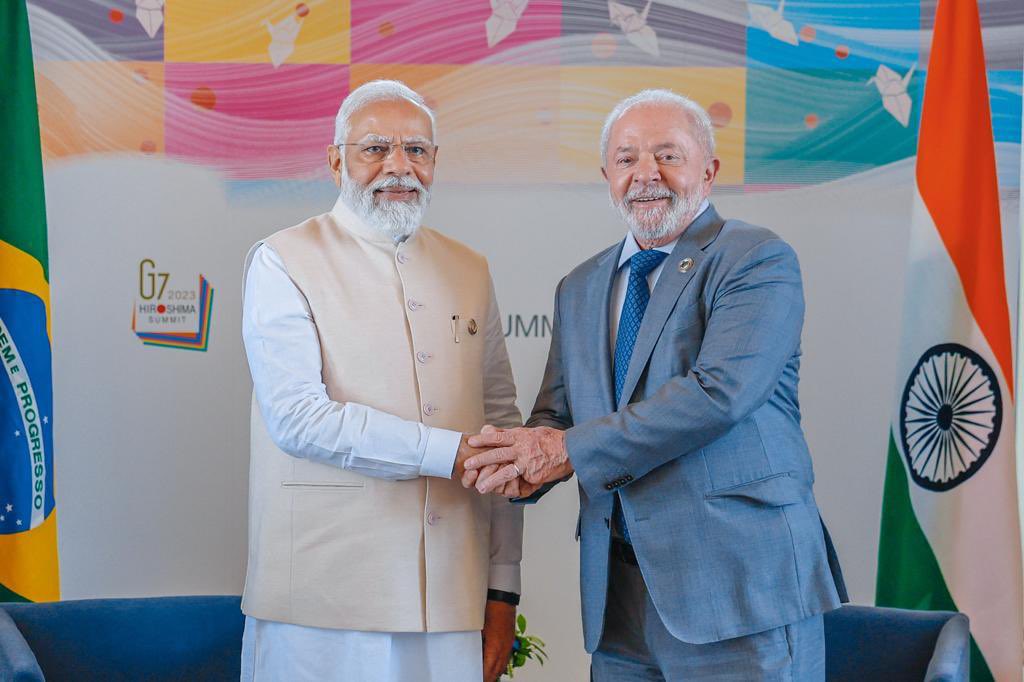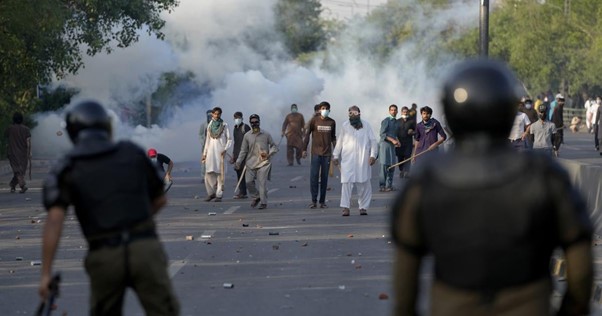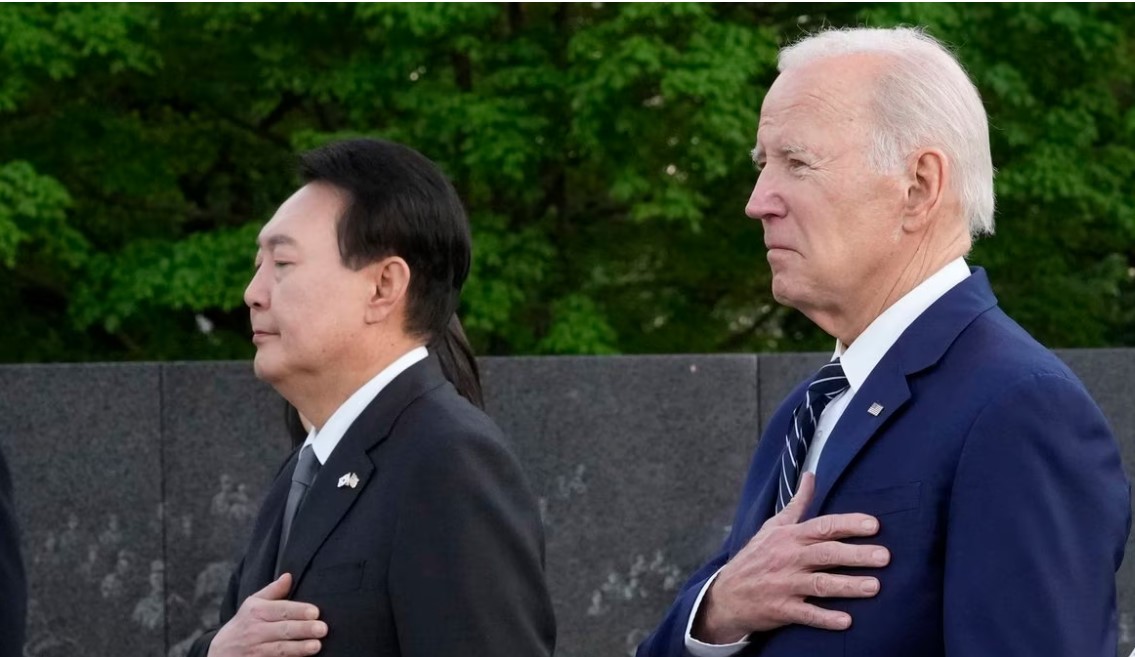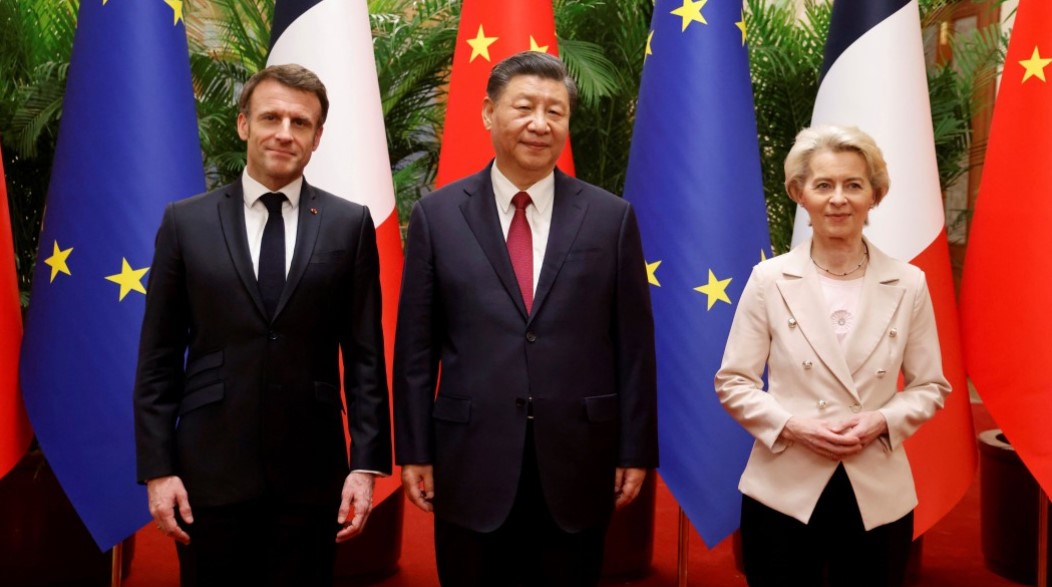Hamas, A Savior or Killer ?
Tue, 08 Jun 2021 | Reading Time: 3 minutes
Hamas prefers its militants over normal civilians of Gaza. For what other reason would Hamas hijack UN and other Humanitarian aids on gunpoint which was meant for Gazans?
Instead of using its ability to advance the humanitarian crisis in Gaza, Hamas fuels the emergency by declining to assume moral liability for the fundamental necessities of its 1.8 million citizens. Hamas dispenses 55% of its budget to fund its military requirements and its share in the recovery of Gaza is under 5% of the absolute speculation. Hamas also diverts international aid money to its terrorist activities.
Conveyance of supplies is supervised and controlled by Hamas, which gathers duties from local importers and imposes extra charges to the ones imposed by the Palestinian Authorities. In 2016, Hamas carried out a 20% increment on many imported products. Thus, local sellers are compelled to raise the costs of their items, including the most necessities like food and medication. In addition to the taxes on basic necessities, Hamas started imposing a “Solidarity tax” in 2015. This tax was promoted as an instrument to help the poor Gazans yet the cash has really been utilized mostly to pay the salaries of Hamas workers and assailants. Hamas’ benefits from these duties have expanded dramatically, with the average monthly aggregate ascending from about $2.5 million in 2015 to $15 million in 2016 to $27 million in 2017. These taxes are imposed on the aids/donations coming into Gaza as well as on the local merchants. The money collected in taxes is mostly used to finance political and military exercises.
Hamas often denies civilians access to fundamental resources like food and medical equipment altogether. In 2009, the UN had to stop aid shipments to Gaza after it was found that Hamas had been capturing tons of food and other aids. In one such scenario, Hamas took 200 tons of rice and 100 tons of flour, while in another, 3,500 blankets and more than 400 food packages were taken at gunpoint from a distribution center. Again in 2012, Hamas prohibited the import of products of the necessary fruits and vegetables from the soil of Israel. Since the end of the 2014 Gaza conflict, over 3.4 million tons of construction materials have entered the Gaza Strip from Israel. In March 2017, in the wake of the death of senior Hamas official Mazan Fukha, Hamas closed off the Erez border, the solitary crossing for civilians. Because of this action, at least 79 Palestinians missed medical checkups inside Israel, and aid workers couldn’t leave or enter Gaza. Albeit the crossing somewhat opened a day later, it was as yet close to men between the ages of 18 and 45.
Amidst the power circumstance in Gaza, Hamas kept on exploiting the Gazans. Of 7,000,000 liters of fuel bought by Palestinian authorities, just 65% made it to the power station, while the other 35% was sold by Hamas. Besides, rather than selling the energy at its actual worth of $0.85 to Gazans, Hamas sells it at $1.23, taking at least $3.05 million in benefits.
Government of Palestine towards terrorist organization Hamas.
Mahmoud Abbas, the leader of the Palestinian Authority and current president of Palestine( West bank because Gaza has been occupied by Hamas), has developed the financial hardship by not paying Israel to give electricity to Gaza and cutting salaries to previous Palestinian representatives there. His motivation was to pressurize Hamas, and he did—to such an extent that Yahya Sinwar, Hamas’ leader in Gaza—tried to hand administering obligations back to the Palestinian Authorities. While negotiation talks continued, Abbas considered them to be a snare because Hamas wouldn’t disband its Qassam brigade or incapacitate its militants—and with the new death endeavor on Palestinian Authority Prime Minister, Rami Hamdallah, he undermined further financial assents on Hamas.
For the Hamas administration, with well-known disappointment developing, the lone thing to be done was redirect attention towards Israel and, in this manner, pressure Abbas, who can’t seem not interested in Palestinians being murdered by Israelis. Hamas leaders recognize secretly that Abbas is the wellspring of their present troubles, however moving the concentration to Israel is a demonstrated, if pessimistic, strategy. Later the Palestinian authorities continue paying Israel for the electricity of Gazans.
Hamas realizes that the world will see Palestinian losses and bind them to the pitiable conditions in Gaza—conditions that are accused on Israel’s bar of the Strip. It is Israel and Egypt that control what can go into and out of Gaza. Not at all like Israel, Egypt keeps its boundary shut to the development of individuals and products into and out of Gaza besides on uncommon events. Hamas leaders have little interest in penetrating the Egyptian line, realizing the causalities would be high and the worldwide reaction negligible.
Now it’s the time when Hamas should officially handover the authority of Gaza to Palestinian Authority and also should disband its militant brigade.
Disclaimer
The opinions expressed in this article are the author’s own and do not reflect the views of Chanakya Forum. All information provided in this article including timeliness, completeness, accuracy, suitability or validity of information referenced therein, is the sole responsibility of the author. www.chanakyaforum.com does not assume any responsibility for the same.
Chanakya Forum is now on . Click here to join our channel (@ChanakyaForum) and stay updated with the latest headlines and articles.
Important
We work round the clock to bring you the finest articles and updates from around the world. There is a team that works tirelessly to ensure that you have a seamless reading experience. But all this costs money. Please support us so that we keep doing what we do best. Happy Reading
Support Us




















POST COMMENTS (5)
Shubham Kumar
Aman Kumar Pandey
Mohit kashyap
Anchal Mishra
Mahendra Kumar